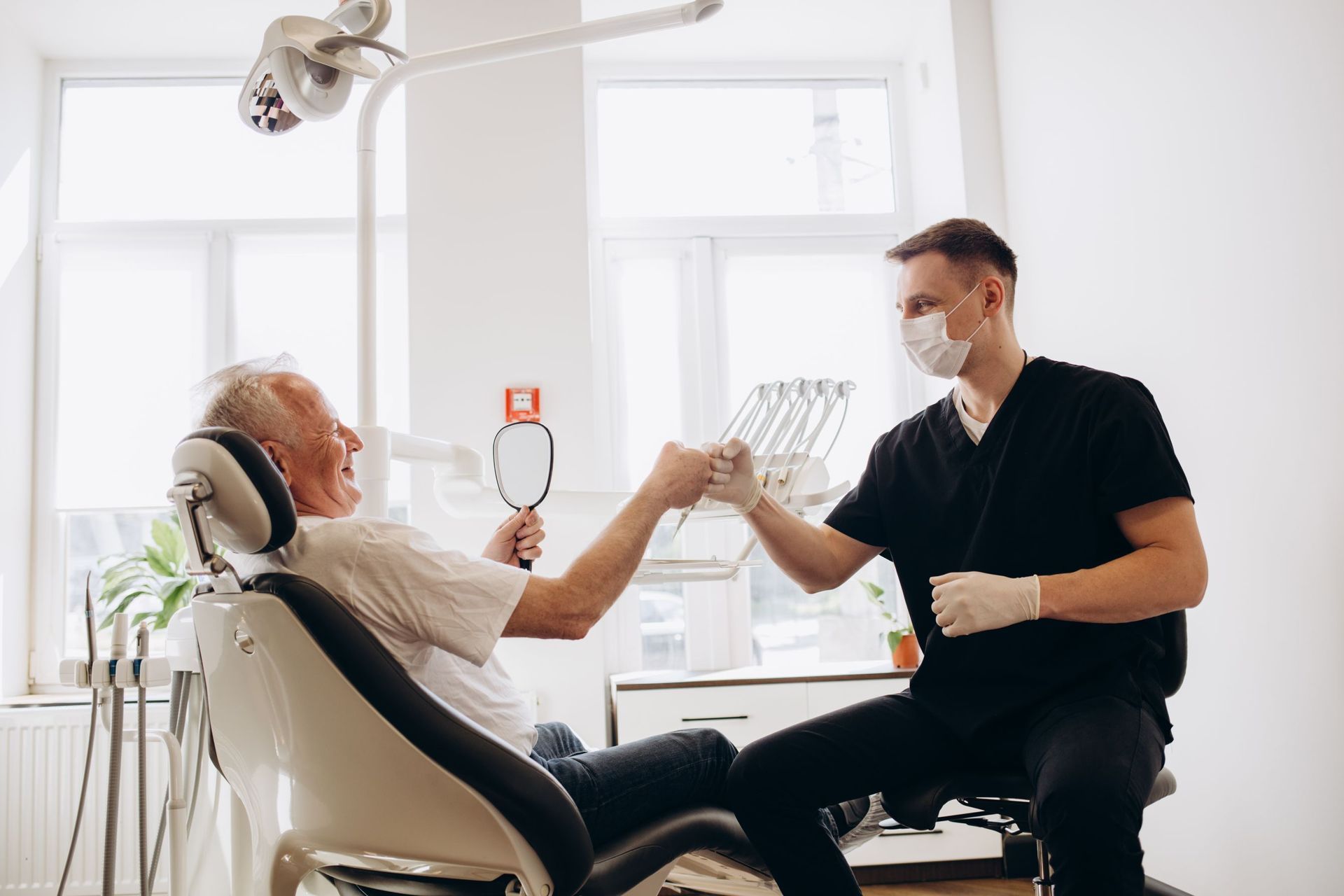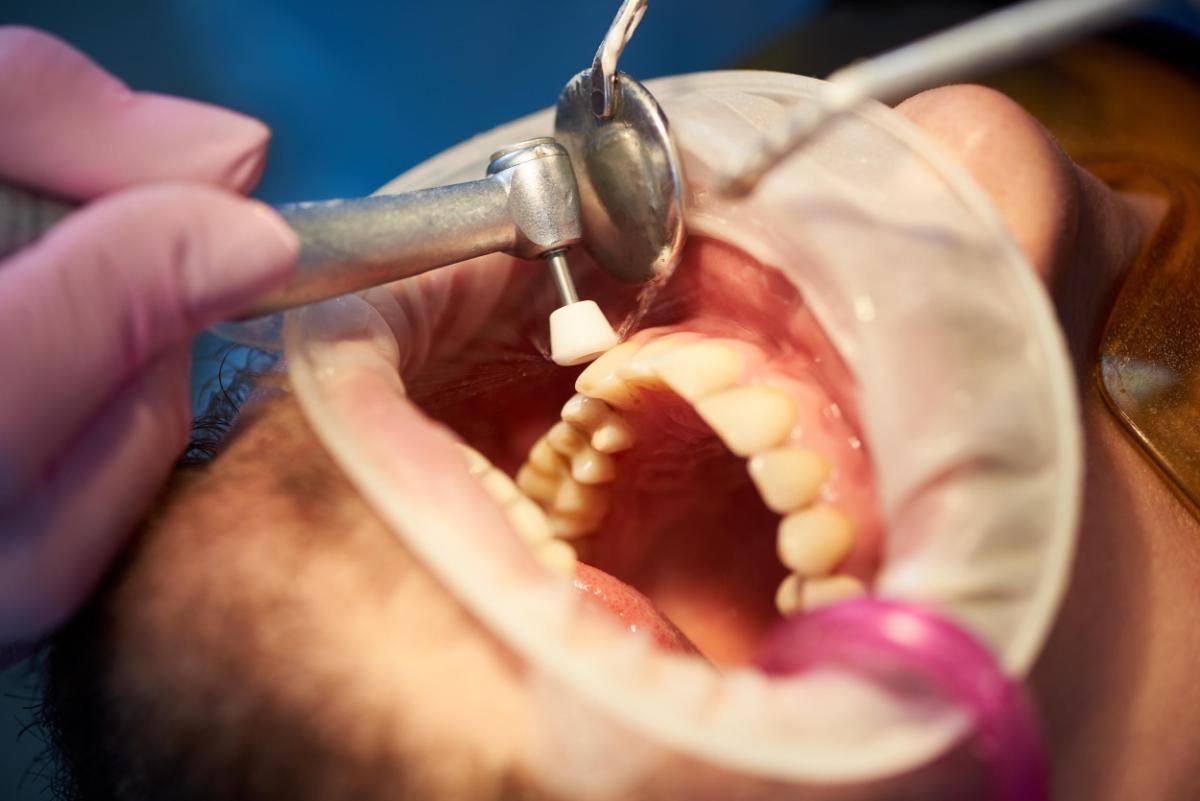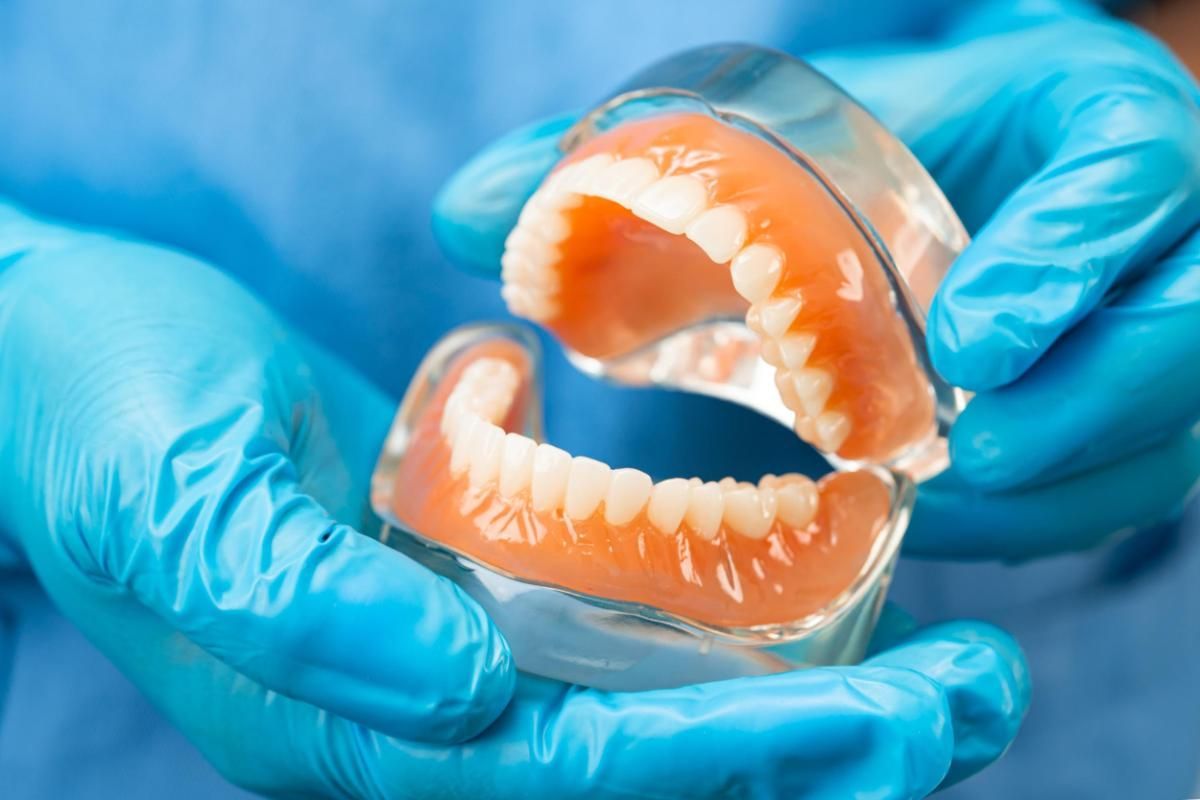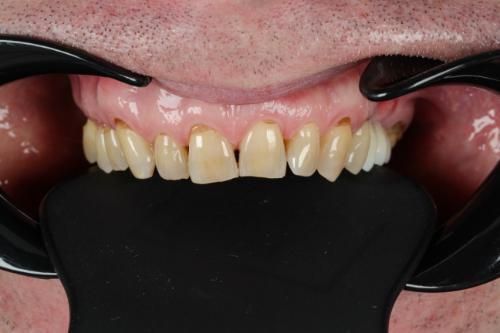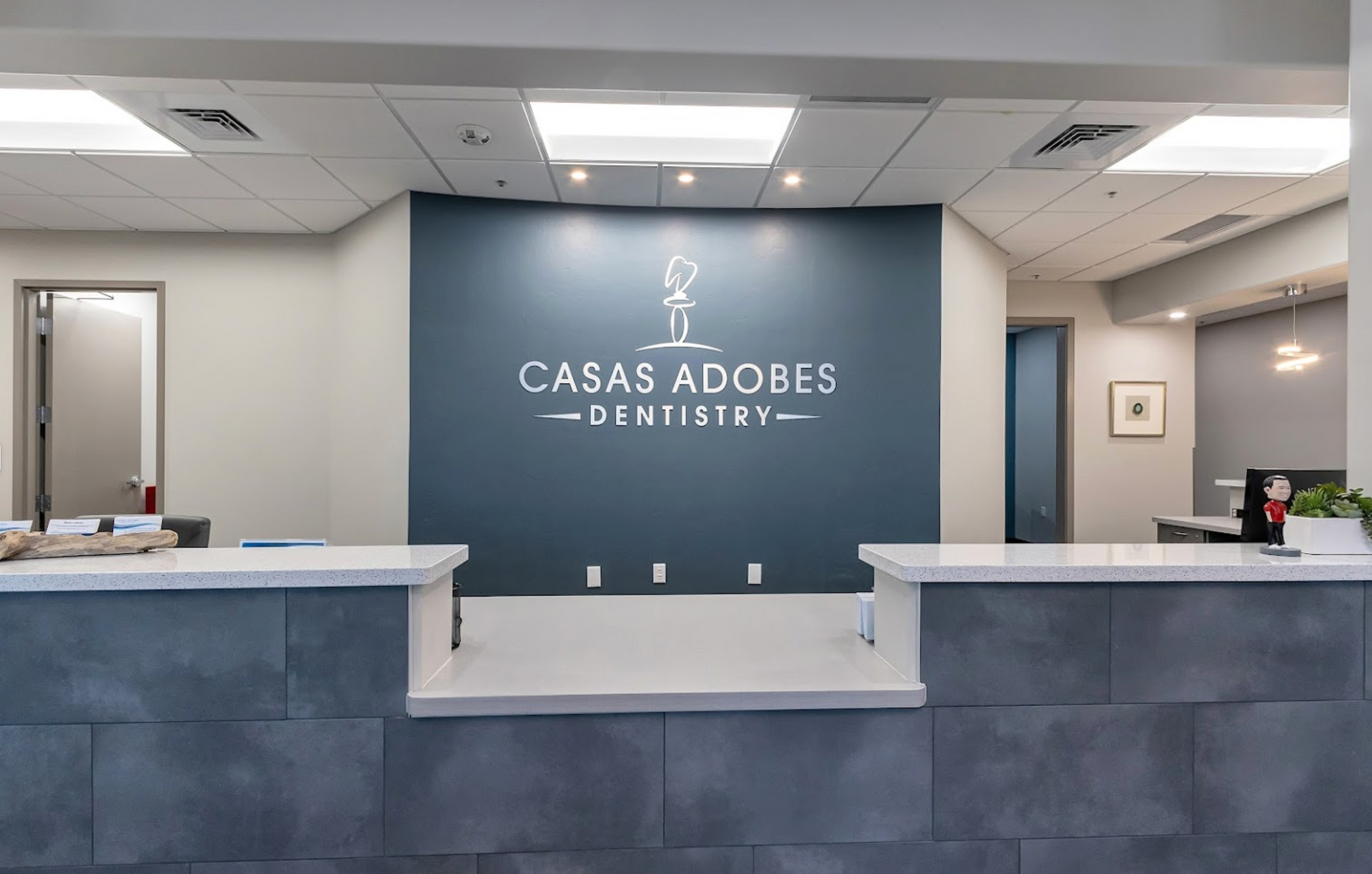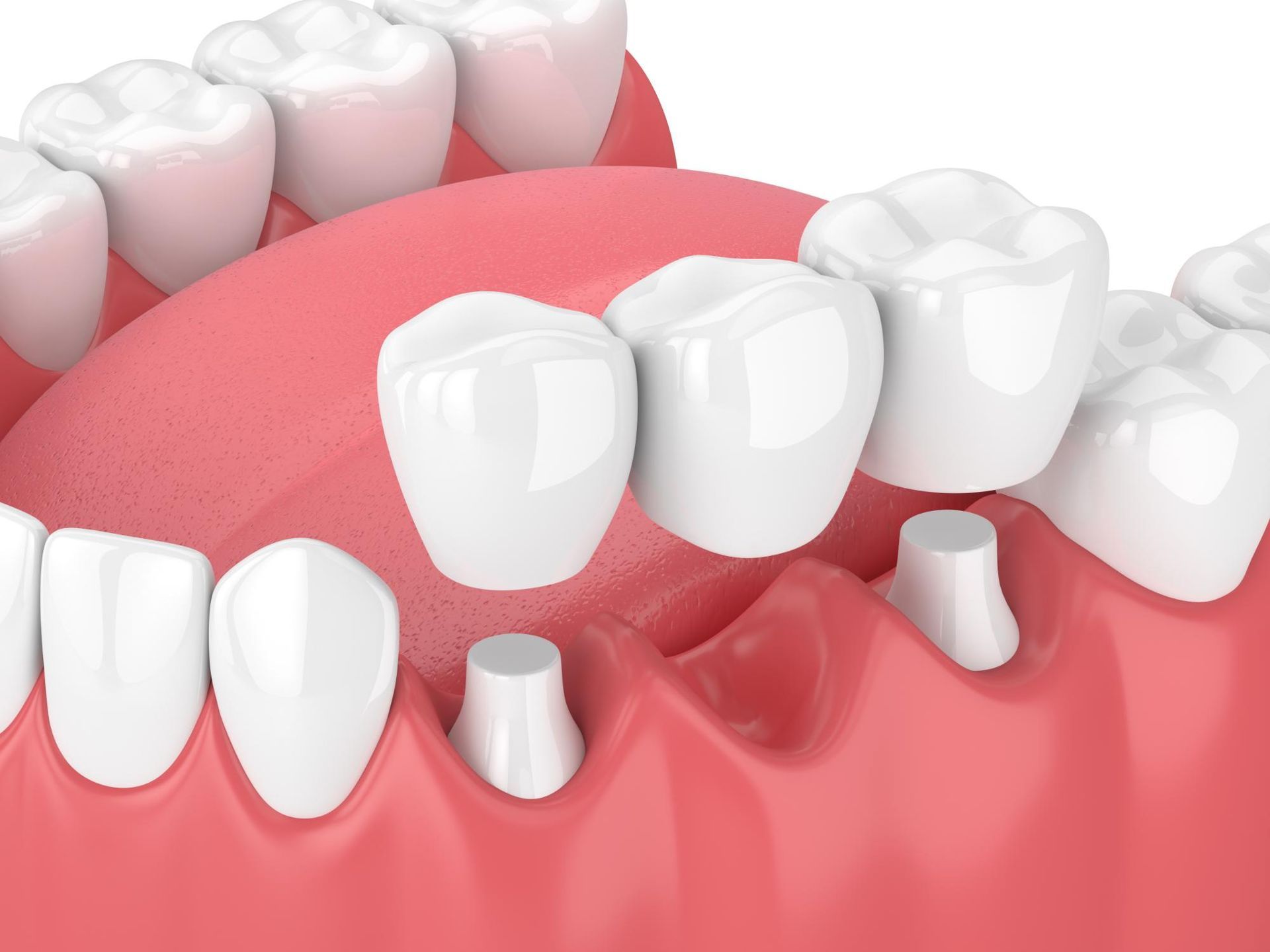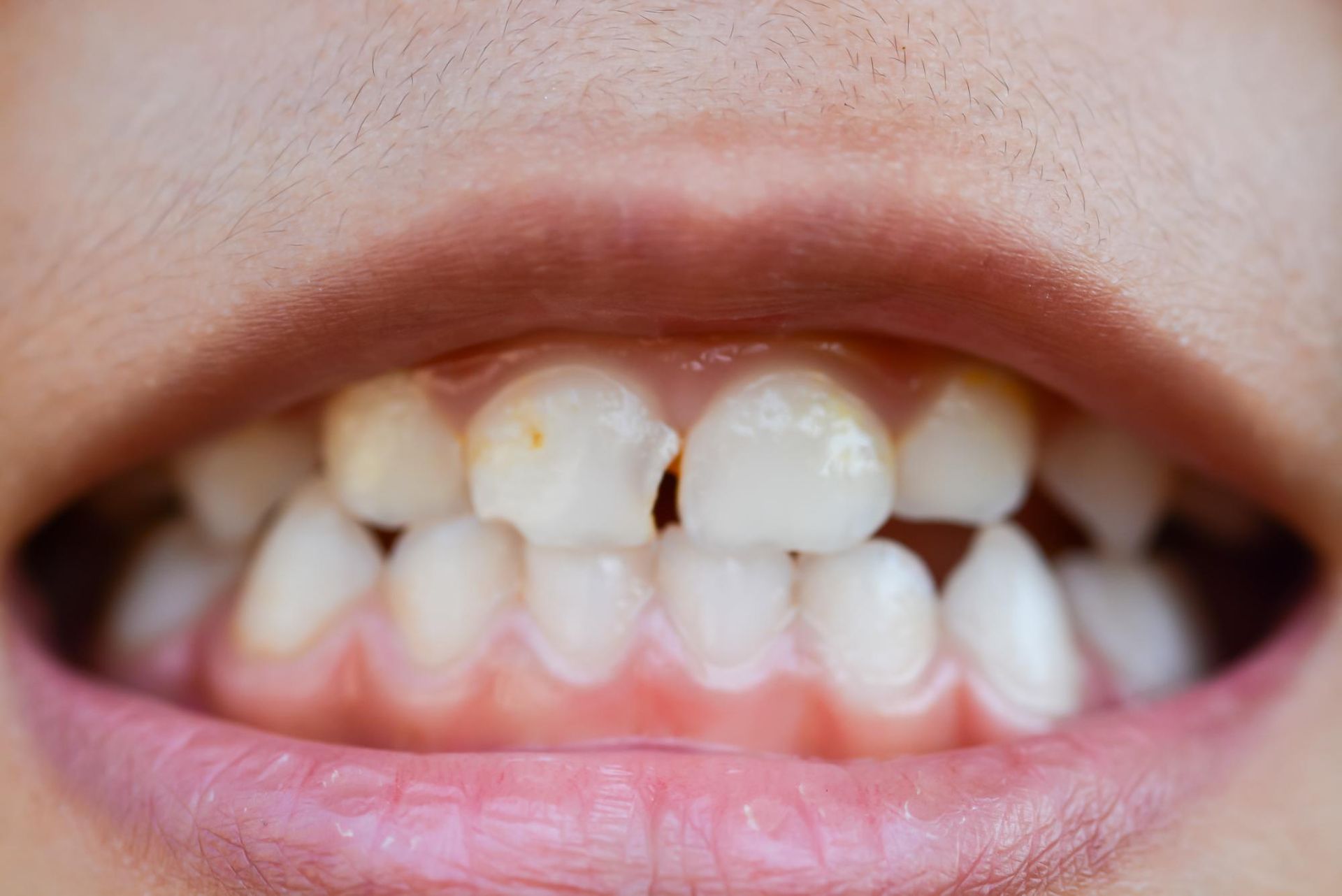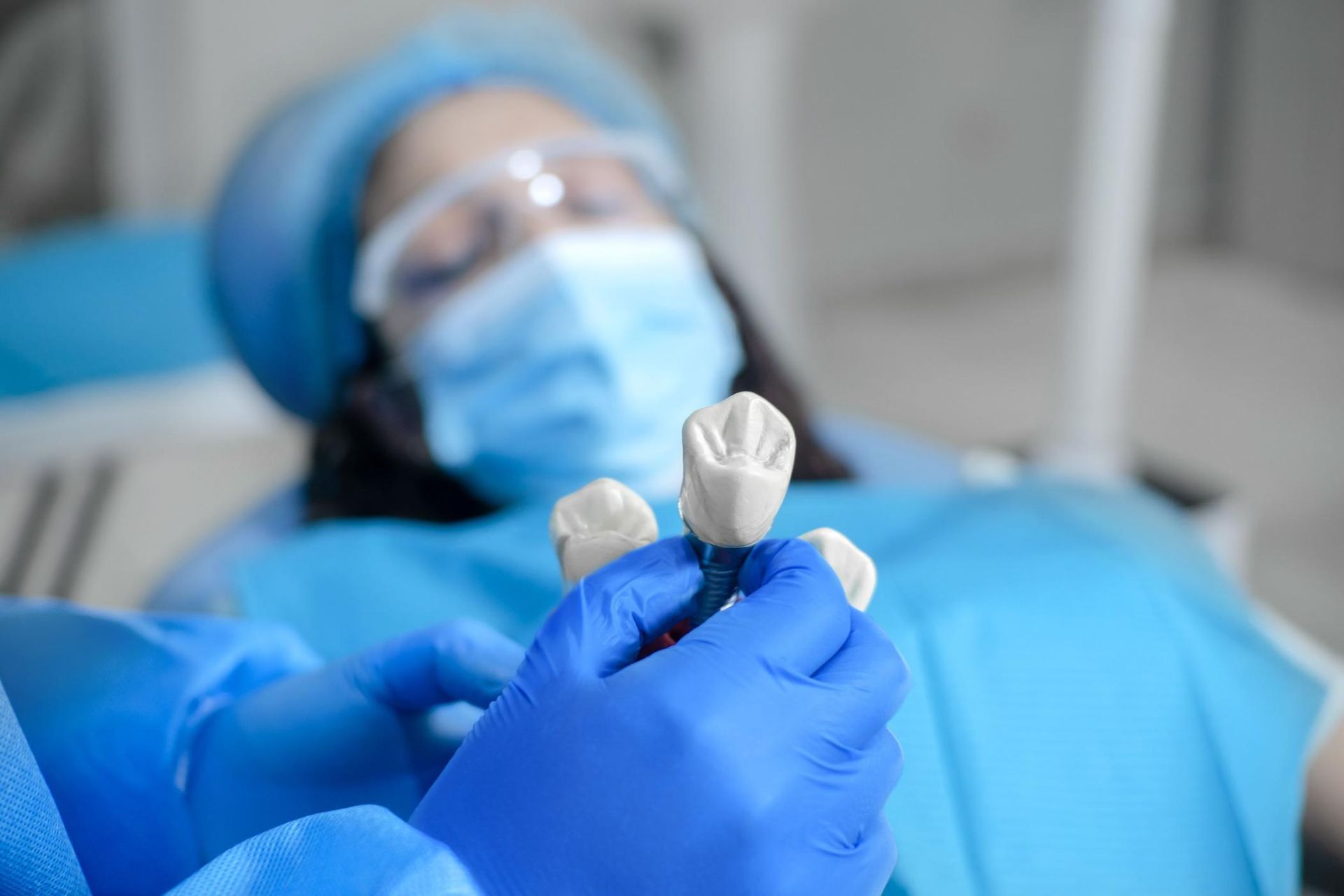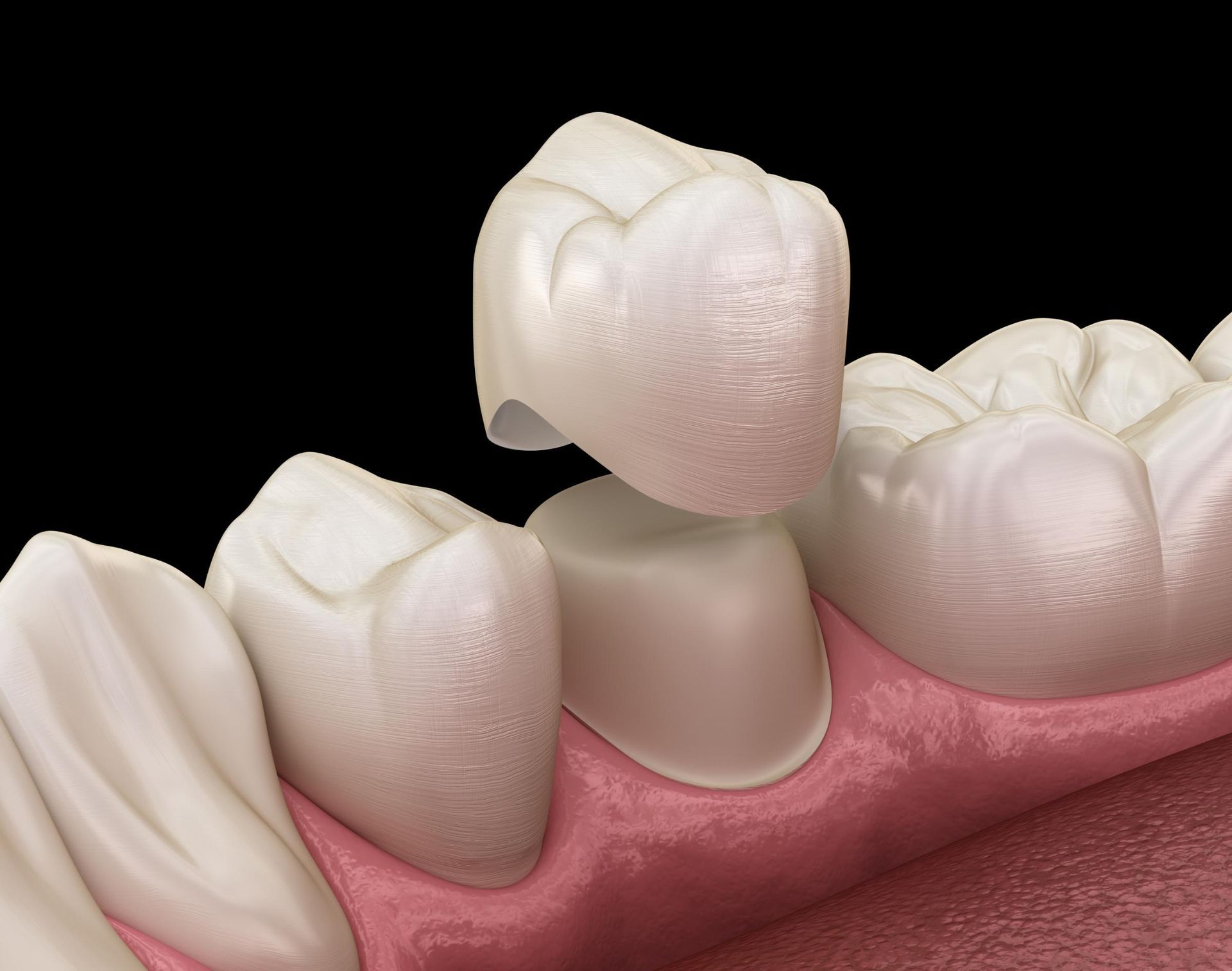The Connection Between Sleep Apnea and Cardiovascular Health

Sleep apnea is a serious condition that continues to affect millions of men and women. Not only can this disorder affect your ability to sleep soundly, but it can have other consequences. It may impact your cardiovascular system and contribute to heart disease. You can get these issues under control and enjoy the wellness you want.
Understanding sleep apnea
This common condition occurs when a person stops and starts breathing throughout the night during sleep. Some people who suffer from it may experience these pauses and restarts up to 30 times an hour. A person could stop breathing for only a few seconds, though other people may stop for a few minutes. Often, when the breathing resumes, there will be a loud gasp, snort or choking sound. People with this disorder often snore.
These interruptions occur due to blockages in the person’s airway. The soft tissue in the throat or the tongue are the usual culprits. People with obesity problems and large necks may be more prone to sleep apnea than others.

Links to the heart
Some people may think that sleep apnea only affects a person’s sleeping habits. While this is true, the issues could be more complicated. Doctors and scientists have found connections between this condition and heart arrhythmias, heart failure, heart attacks and strokes. Studies show that when breathing stops, the person’s heart rate will fall. Once the person starts breathing again, the heart rate will quickly rise. This will also influence the person’s blood pressure.
Along with these factors, the person should consider the relationship between sleep apnea and oxygen levels. The condition may decrease the person’s levels, which can cause inflammation in the chest. As this persists, the person has a bigger chance of having heart problems.
The consequences
If sleep apnea is not treated, the patient’s heart walls may begin to thicken. This results in chronic high blood pressure. Impairment of the heart will follow and the person is at risk of suffering heart failure. The longer the person goes without treating this condition, the higher the likelihood that they will die. At the least, cardiovascular problems limit a person’s activity and can hamper a good quality of life.
What to do about it
Changes in diet and exercise habits can usually combat cardiovascular issues. Paying attention to these factors can also reduce the person’s risk of having sleep apnea. The patient should also visit the dentist. A simple mouthguard could be enough to open the airway and improve breathing. Regular breathing patterns should help regulate oxygen level and blood pressure.
Breathe well and be kind to your heart
Now that you know there is a link between sleep apnea and heart health, do something about your condition. Talk to your dentist about your concerns so you can breathe regularly. You can enjoy a good night’s rest and put your mind at ease. Your cardiovascular system is critical to your well-being. You do not want to live in fear that you are compromising its function.
Request an appointment here: https://www.casasadobesdentistry.com or call Casas Adobes Dentistry at (520) 365-0559 for an appointment in our Tucson office.


